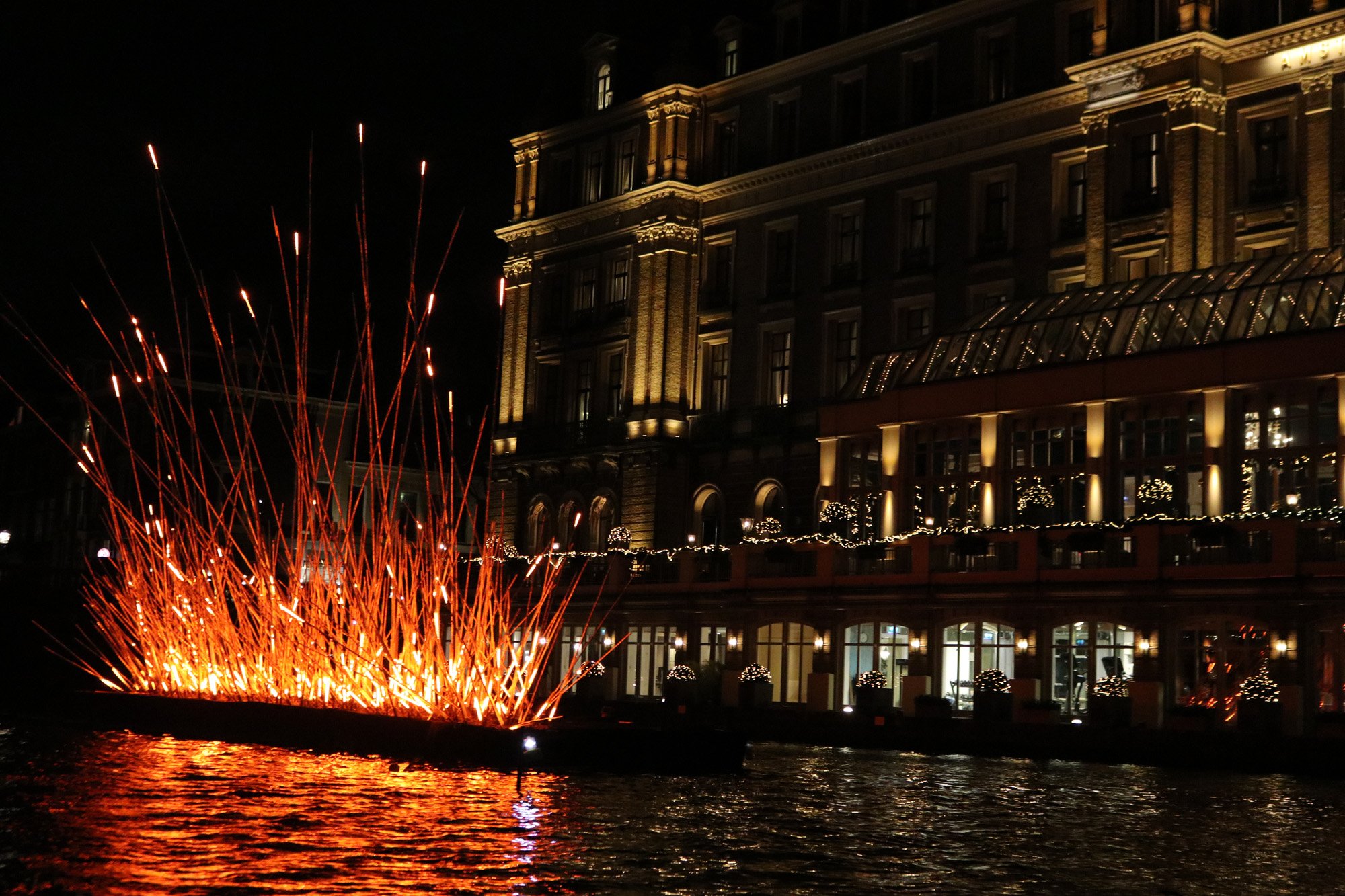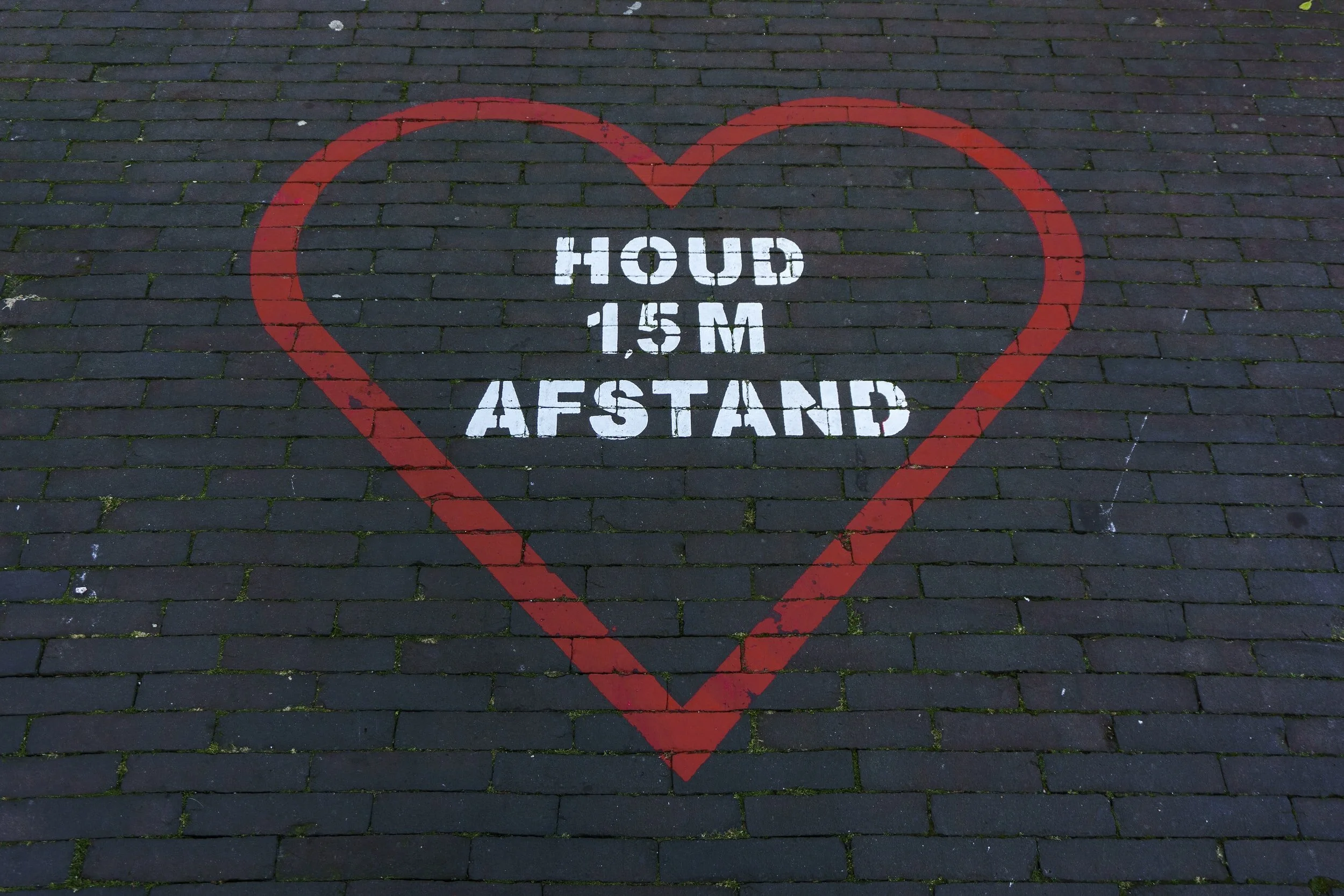Expat Chronicles: the Justice System
Like most American citizens I am familiar with how the American justice system works, but until moving abroad I never thought much about how it compared to other nations. My family had relocated to The Netherlands by the time our medical negligence/wrongful death lawsuit for baby Eleni went to trial in the USA. When I explained the lawsuit to my local friends, we were surprised to realize how different our two countries are in this respect. Are you curious?
Judge OR Jury
Who decides the outcome of the case? Who rules on what is just? In The Netherlands the judge does that. There is no jury. This is the biggest difference, in my opinion, between our justice systems.
Without exception Dutch people have expressed surprise and dismay that anyone who is not an expert on the law should be called upon to make critical and life-changing legal decisions. They feel that an educated and experienced judge would be the best chance for a fair ruling.
In the Netherlands most lawsuits are decided by one judge who rules independently after personally studying the information submitted and posing questions to all involved, as desired. Complicated cases (such as medical cases) or cases with potentially serious verdicts are judged by a panel of three judges. Judges in The Netherlands are appointed for life, so that re-election concerns don’t lead to bias.
Evidence
The justice process in The Netherlands is heavily focused on written pleadings and evidence. When experts are needed, each party may provide their own experts who submit written opinions. The judge may further question experts onder oath, but that is often not needed.
The court can also appoint an independent court expert as needed. In this way the judge hears from an expert who was not chosen by either party. Justice is often dependent upon reliable expert opinion. For this reason experts are sourced from the Netherlands Register of Court Experts (NRGD).
I find this all so refreshing. In America, our complicated, medical case was largely decided by the personal connection established between the experts and the jury. Those personable experts who could convince the jury to trust them “won” the case, regardless of their actual medical reliability or the rationality of their opinion. I think that relying mostly on written expert testimony would also remove certain biases that arise when we interact with people in person.
Timing
How long must you wait in The Netherlands for justice? Statistically, about 70% of all civil proceedings are decided in less than 12 months, and approximately 90% are decided within 24 months. Apparently, the feeling here is that justice processing time is still too long!
Costs
It is difficult to sum up legal costs since those depend upon the specifics of any case. In general costs are moderate in compared to similar nations. Here are some examples of average costs for legal help:
Wrongful termination (being fired) averages €1250
A simple divorce averages €2500
Medical fault lawsuit for a flat fee of €3495
Besides paying for legal advice, you will also pay fees directly to the court for processing your case. That’s how you pay the judge! These begin at €86 for Dutch citizens and are higher for non-citizens. The court fees can be much higher, depending upon the value of your claim. If you lose a case, you might be made to pay the court fees for the other party.
According to this source, the average total lawsuit cost in The Netherlands is between €2500 and €7000 for cases that cannot be solved through mediation and must be settled in court.
Those with low incomes can receive assistance for legal costs.
Sue Happy?
How frequent are lawsuits in The Netherlands, anyways? When we moved here we were surprised to learn about legal insurance - an insurance to cover the costs of legal council and court fees should you be involved in a lawsuit. About half of the population carries this type of insurance, but I gather that’s because 1. Dutch people like insurance and 2. it’s not that expensive, since lawsuits aren’t that expensive.
I have yet to meet anyone in The Netherlands who was involved in a lawsuit. According to statistics, the number of suits per year has been steadily decreasing.
What is prominent in the Netherlands is the complaint system, i.e. mediation. Most businesses have an internal complaint procedure for accepting complaints from clients. This is laid out clearly on their website. If things can’t be resolved internally, the customer moves on to an external mediator who studies the situation, asks questions and makes a ruling. Such an external complaint procedure may take a few months and typically costs the consumer nothing if she agrees to be bound by the outcome.
Of course I hope never to have need of the Dutch justice system, but I did find it interesting to learn about, especially in view of our personal experience. I was surprised to learn that several other Northern European countries never use juries, including Germany, Sweden and Switzerland. Many of our European neighbors occasionally do trial by jury, but only for rare/serious criminal offenses and in combination with a judge. With the exception of the United Kingdom, most European lawsuits are decided by judges.
Oh the things you never knew, right? I hope you enjoyed this tidbit of Dutch culture!

























